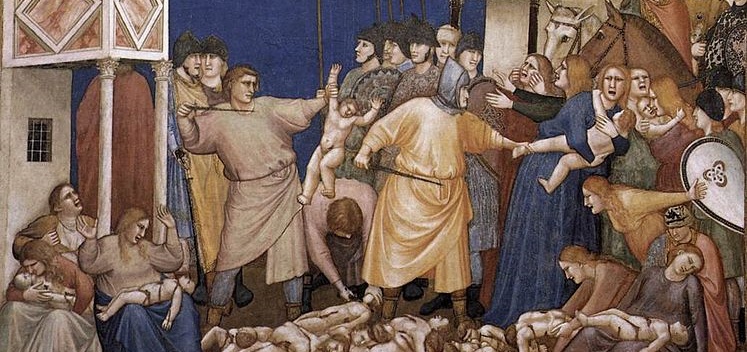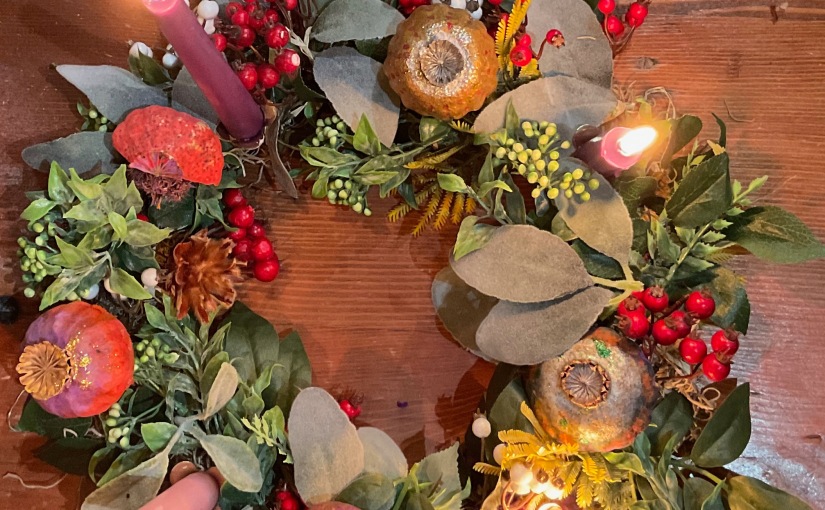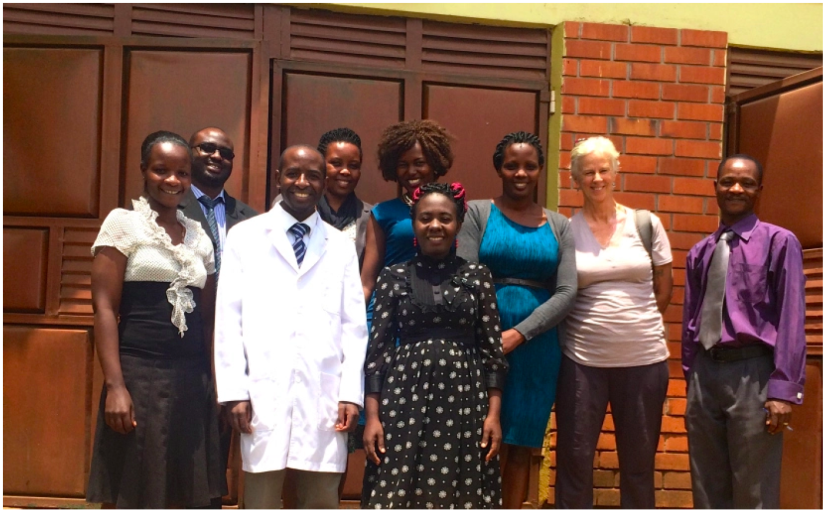Today’s first reading from Sirach reiterates the basic commandment to honor parents. I did a very shoddy job of that when my mother and father were still alive. I was not a Catholic then and knew nothing about the church, or religion, or ethics. Our family was ordinarily secular and attended church only on Christmas and Easter, if at all. Contempt for our parents and rebellion against the older generation was nothing out of the ordinary in London in the 1960’s. We heard no injunction to honor parents. We obeyed them out of fear and habit.
Fortunately, although both my parents are long gone to ‘the other barrio’ as my neighbor in Spain calls it, it’s not too late to repent and honor my father and mother in absentia. After all, we don’t honor for their sakes, any more than we honor God for his sake — he can’t possibly need anything we have to give! — we do it for ourselves and our own spiritual growth. Looking back at how I saw and judged them then, shows me my own defects and lack of compassion, and where I need to grow. They did the best they could given what they knew in their circumstances. Begging forgiveness is an ongoing process.
Honoring, in my case, takes the form of dedicating my life to redeem the less than ideal circumstances of my mother’s death, which could have been significantly improved by a skilled palliative care team. Palliative care was in its infancy in those days, and home hospice very rudimentary in Washington DC in the early 1970s. We now know that people with palliative care needs can live well with chronic disease and die peacefully. Some may need medical assistance, others not. Dying ‘badly’ as my mother did, without skilled medical assistance when it was needed, scars the families of patients — the bystanders and caregivers — perpetuating fear of death rather than trust in a loving continnum of life.
Dying well, not unduly fearfully or in pain, confidently because accompanied by confident caregivers, is not the norm in most societies. St Paul (Heb:2,15) describes his contemporaries — a description that could also apply to us moderns — as ‘slaves’ to the fear of death. Seneca tells us that Socrates was celebrated for having sought to free his followers from the fear of death by the way he himself faced it (Seneca, Epistle 24.4). Such freedom from that fear, unmarked by arrogance, is a mark of confidence — con-fide — with trust. Justified trust.

In our secular age that rejects concepts of eternity and honoring as Bronze Age nonsense, confident palliative care teams can be the source of trust in the process of dying. Justified trust, according to the philosophers, is productive of many social and common goods — a reason in itself to build palliative care into healthcare systems haunted by fear of death and the mania to cure at any cost. So I honor my mother and father these days by promoting trustworthy palliative care services as an essential public health service. And practicing my faith, often with lamentation, but con fide.








